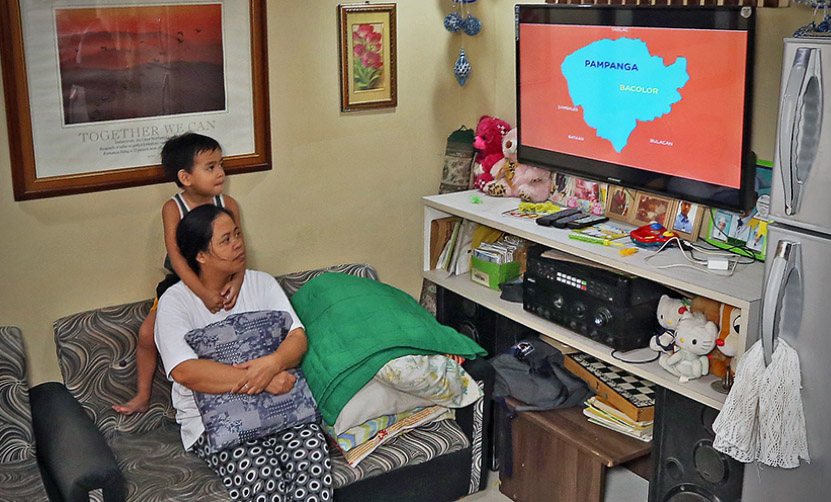As the Department of Education (DepEd) plans for the continuity of learning amid the COVID-19 pandemic, Senator Win Gatchalian has proposed an increased use of traditional broadcast media platforms such as television and radio to reach more of the country’s 27.2 million learners.

According to Gatchalian, using television and radio would complement on-going efforts of digital platforms to deliver continued learning. The challenge in online-based education, however, is reaching learners without connectivity, especially those in geographically isolated and disadvantaged areas.
DepEd has launched its online platform DepEd Commons last month at the time the Enhanced Community Quarantine (ECQ) started, to support online-based education in the country. It has since gained almost 4 million users.
According to Dataxis, a global firm specializing in telecom and media business, 18.7 million households in the Philippines still watch television, a number that is expected to hit 20.7 million in 2024. The same study also said that around 93 percent of Filipinos prefer television over other mediums.
Gatchalian cited section 9 of Republic Act 8370 known as the Children’s Television Act of 1997 requiring each broadcasting network to allot a minimum of fifteen percent (15 %) of its daily total air time for child-friendly programs as part of the network’s responsibility of serving the public. This serves as a condition in the network’s bid to apply or renew its Broadcast Certificate of Public Convenience and Necessity (CPCN), Provisional Authority (PA), franchise or license with the National Telecommunications Commission (NTC).
Meanwhile in its 2019 Media Trends Study, global media intelligence firm Kantar Media revealed that 52 percent of Filipinos still listen to the radio. Gatchalian said DepEd can extend its reach into far-flung, rural areas by leveraging access to television and radio.
“Bagama’t patuloy ang paglaki ng papel ng internet sa pag-aaral ng mga kabataan, nananatiling malaking impluwensya ang telebisyon sa ating pang-araw-araw na pamumuhay, pati na ang radyo lalo na sa mga malalayong lugar na dumedepende pa rin dito para sa kanilang impormasyon,” said Gatchalian, Chairman of the Senate Committee on Basic Education, Arts and Culture.
Gatchalian also urged DepEd to learn from the examples of other countries in using television and radio education while struggling with the effects of COVID-19. In Argentina, for example, the Ministry of Education and the Secretariat of Media and Public Communication launched the program “Seguimos Educando,” which airs 14 hours of television content and seven hours of radio content.
Gatchalian then urged DepEd to collaborate with government agencies such as the Cultural Center of the Philippines (CCP), the Department of Science and Technology (DOST), state colleges and universities, and other private firms to tap their existing materials or record lessons, which can be aired on state-run People’s Television Network (PTV-4). He also urged DepEd to enter into public-private partnerships to gather more materials and expand viewership. The senator said these can complement existing educational shows on TV and radio.


